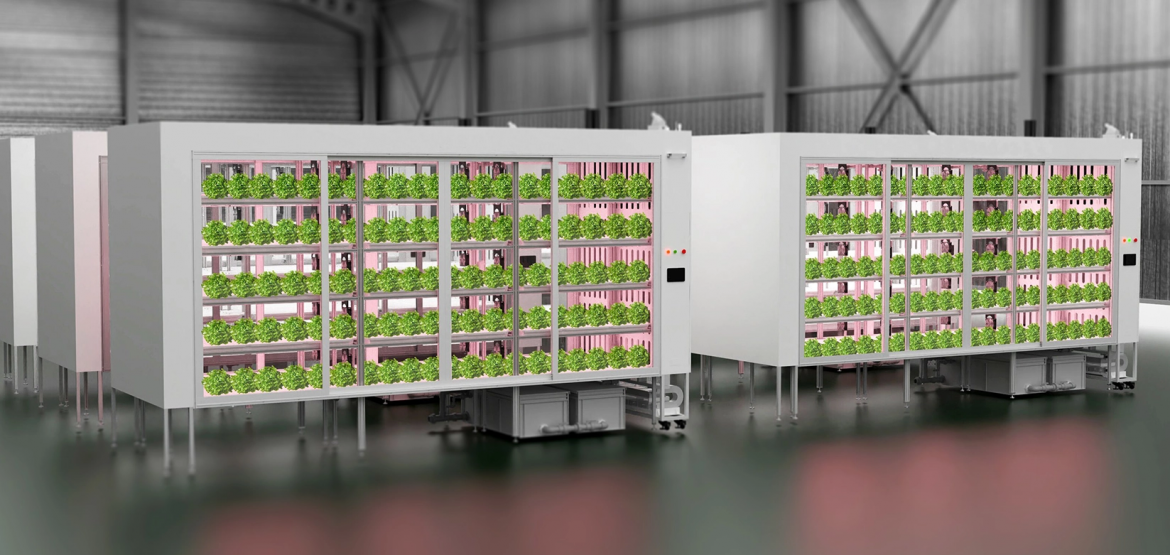As global demand for sustainable food production continues to grow, many agricultural innovators are turning to the vertical farming system as a viable solution. By stacking layers of crops in controlled indoor environments, this approach maximizes yield while minimizing land and water use. One of the most compelling developments of modern vertical farming is the increasing level of automation that enhances efficiency and consistency in crop production. From climate control to nutrient delivery, automation has become a crucial element in redefining the future of farming.
The Role of Automation in Vertical Farming Systems
Automation plays an essential role in making the vertical farming system both productive and reliable. With the integration of smart technologies such as sensors, artificial intelligence, and automated irrigation, farmers can precisely manage light exposure, humidity, and nutrient supply without manual intervention. This reduces human error and ensures that plants receive exactly what they need to thrive. With automation, growers can track conditions continuously and make timely adjustments, supporting better quality and more consistent yields.
In regions like Europe, North America, and the Middle East, where urban agriculture and food security are major concerns, automated vertical farms are becoming increasingly popular. These systems not only reduce labor costs but also make year-round cultivation possible, regardless of external climate conditions.
How 4D Bios Integrates Smart Automation in Plant Factory Solutions
4D Bios is a technology-driven enterprise that focuses on developing comprehensive plant factory solutions designed for modern agriculture. Since its establishment in 2018, they have been advancing the concept of the digital and intelligent plant factory, utilizing high-tech innovations such as photobiological LED lighting, vertical multi-layer cultivation, and AI-based environmental control systems. Through these integrated solutions, they aim to enhance efficiency, reduce resource waste, and promote sustainable agricultural practices.
Their approach to automation is both practical and scalable. By combining intelligent sensors and automated management systems, 4D Bios supports growers in creating controlled environments that respond dynamically to plant needs. This smart management framework ensures that farmers can maintain stable production even under challenging environmental conditions, aligning well with the needs of modern agricultural markets across Europe, the Middle East, and North America.
Bringing Technology to Everyday Green Spaces
Beyond large-scale plant factory projects, 4D Bios also offers innovative indoor cultivation products like their DIY Desktop Grow Box. Designed for individuals who love gardening, this compact system allows users to grow succulents, carnivorous plants, and other small species effortlessly at home or in the office. Featuring customized LED lighting and various soil substrates such as peat moss and diatomaceous earth, the Desktop Grow Box delivers an automated, low-maintenance growing experience — a perfect example of how advanced farming technology can be adapted for personal use.
Conclusion
Automation has become a cornerstone of the vertical farming system, enabling precision, efficiency, and sustainability in agricultural production. Through innovative applications of AI and smart control technologies, 4D Bios continues to push the boundaries of what modern farming can achieve. Their intelligent plant factory solutions and user-friendly indoor growing products demonstrate how digital innovation is enhancing how we grow plants — from large-scale farms to small personal spaces.

